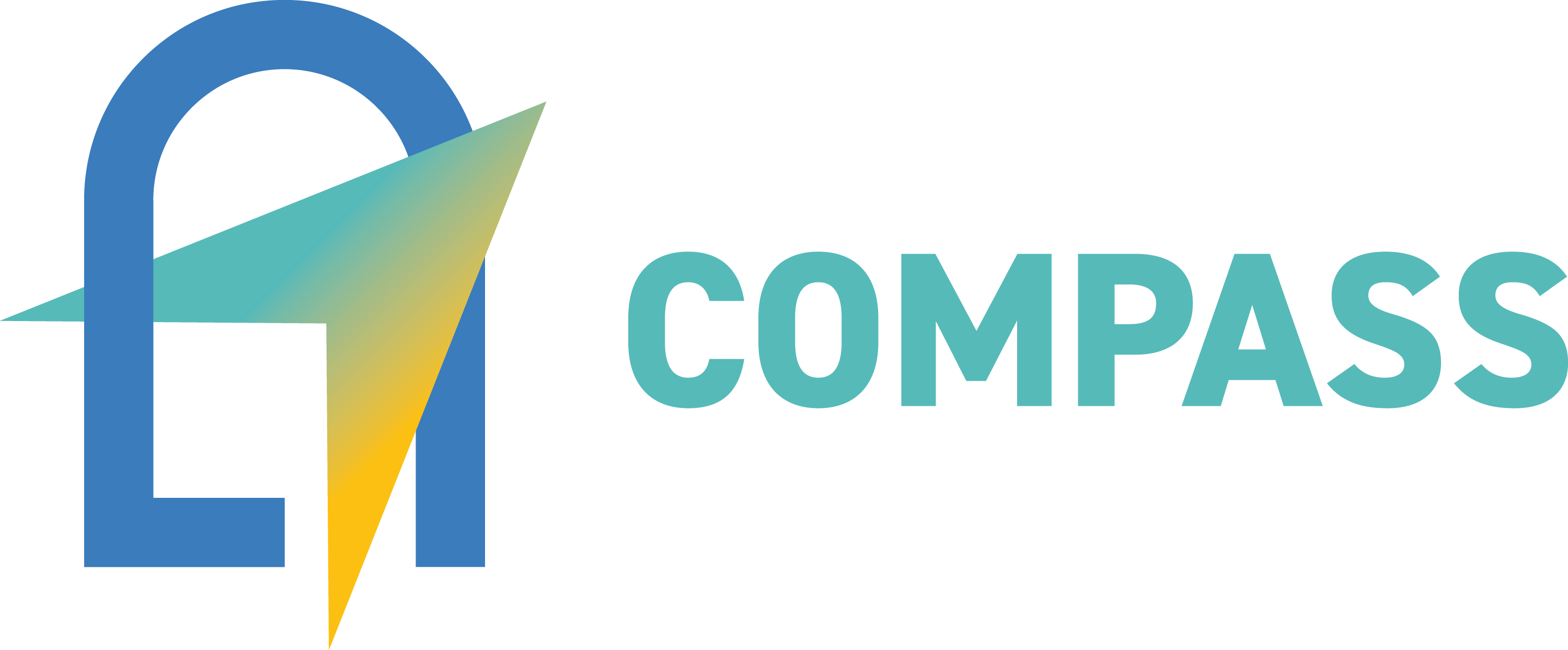Self harm and Suicide
If you or your child are currently in a crisis scenario, stop and call the Suicide and Crisis Lifeline—988.
Self-harm is sometimes hard for parents to understand and relate to with their child. This behavior is often a way for people to cope with their emotional pain and take control of who is causing them pain. Self-harm can include behaviors such as cutting, scratching, burning, carving, hitting, pinching, and head banging. Self-harm does not necessarily mean your child is thinking about suicide.
Know the warning signs of suicide: talking about death or suicide, withdrawing from friends or family, lack of interest in activities, an increase in risk taking behaviors, and giving away meaningful possessions. Talking with your child about suicide does not mean you are giving them the idea. They need to know they have someone to talk to if they are feeling this way. Then you can help them find the help they need.
Anticipate
If your child is prone to being stressed and/or is frequently negative about his/her life situation, it is important to periodically and privately check in on them and their mental health. Let your child know that you are present for them and willing to listen to what is concerning in their life. Having regular and open communication with your children will strengthen your relationship and let them know you are a safe person when they need to discuss difficult conversation. Don’t be afraid to ask your child if they are suicidal, it will not plant the idea in their head but rather start the conversation. If you feel like your child is exhibiting these behaviors, consider seeking professional help.
Accompany
If your child is struggling with self-harm:
You may be feeling a range of emotions, but it is important to stay calm and focus on the needs of your child. Remind them that you love them and that you desire their good. Knowing that hurting themselves is not good, seek help from a mental health professional to help you and your child through this difficult time. Recognize that treating self-harm often takes time and relapse is common.
If you are concerned about your child and suicide:
If your child has mentioned suicide, it is important to remain calm and focus on offering your child help and hope. The first step is to give them space and a few minutes to calm down when threats are made. Then talk with them about what they said and if their threat was serious, an overreaction, or a cry for attention. Whatever the reason, you should seek out the help of mental health professionals to support you and your child during this difficult time.
If this is a crisis scenario do not hesitate and immediately call the Suicide and Crisis Lifeline: 988
Answer
Want to learn more?
Learn more about Mental Illness
Learn more about Fear and Worry
Learn more about Grief


